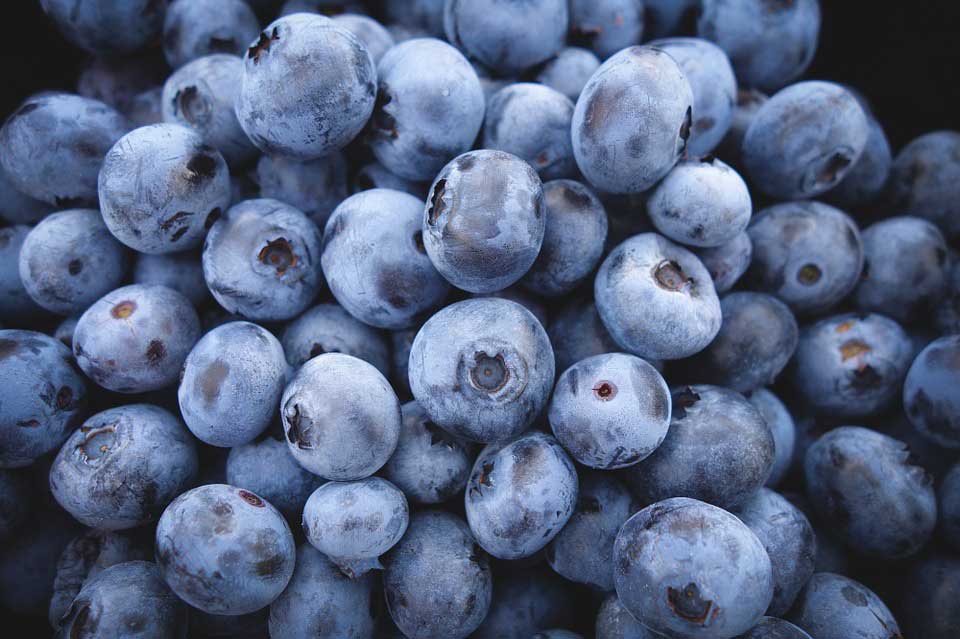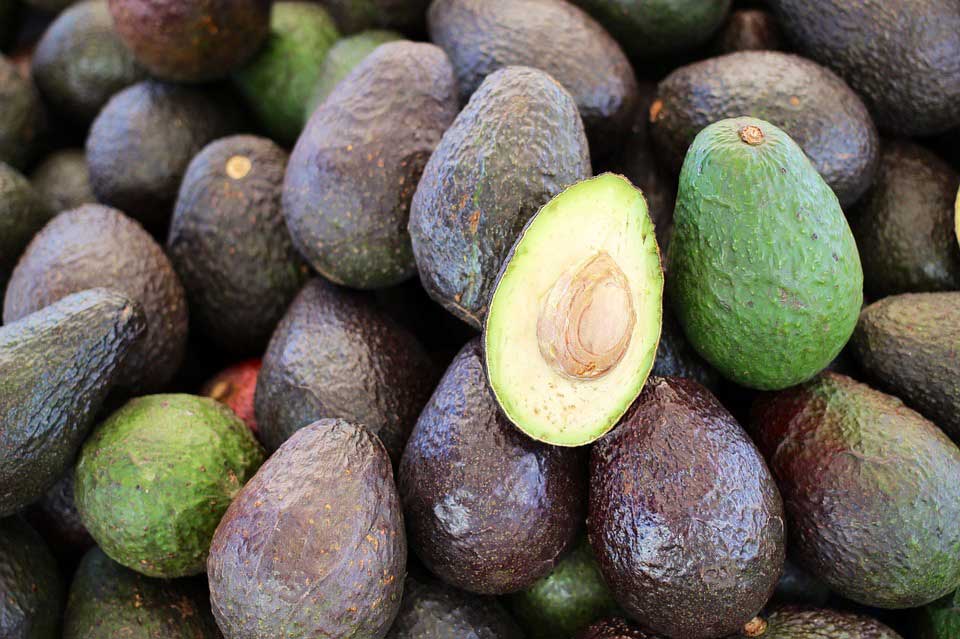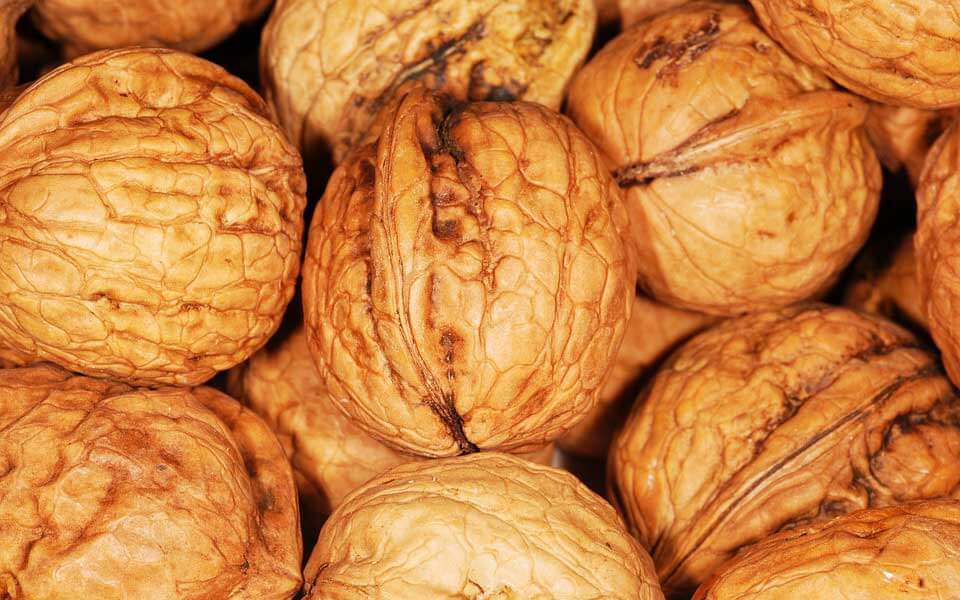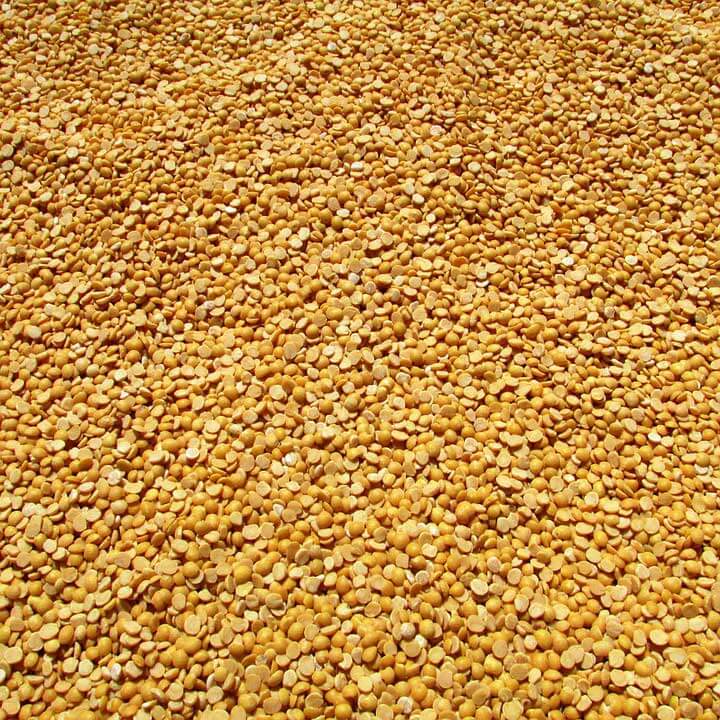
Introduction to Healthy Diet Meals
Healthy Diet Meals doesn’t have to be overly complicated; it is well said that “A sound mind dwells in the sound body.” This is a Greek proverb that insists that the mind and the body should be both healthy and sound. A healthy person can think usually and can act smartly in every situation. A sound body is a healthy body free from diseases and not obese. A sound mind is capable of good, positive, controlled, and free thinking.
Maintaining a healthy diet, having regular meals, and engaging in physical exercise can help achieve a healthy body. This physical workout includes stern exercises such as push-ups, running, or yoga. One can cultivate positive thinking and a positive attitude daily to achieve a healthy mind. You can consider the example of Spartans, people who lived in the ancient city of Greek, who were famous for their physique and smartness. They always maintained healthy diet meals, which included meat, olive, figs, and fruits. They also held a healthy body by training in warfare. Greek people started the Olympic Games to demonstrate the fitness and intelligence of Spartans.
Researchers have found that people with poor diet patterns, such as junk foods, cold drinks, and frequent smoking, are most likely to become victims of the poor mind. These people may also have psychological problems such as Alzheimer’s disease in their old age. Alzheimer’s disease (AD), which is also known as Alzheimer’s disease or just Alzheimer’s, is a type of dementia that causes problems with memory, thinking, and behavior. In contrast, people with healthy diet meal patterns such as milk, leafy vegetables, and fruits have a better mindset. These people stay healthy even in their old age days.
Complications of Not Maintaining Healthy Diet Meals
If you are unaware that you have a faulty diet pattern, some signs will help you figure out the dietary problems.
1. Facing Constipation
Constipation is a condition in which there is difficulty in emptying the bowels, usually associated with hardened feces. This is an indication that you may not be drinking enough fluids. It also indicates that you are not getting enough fiber to help draw waste products through the gut and out of the body.
If you lack sufficient fiber, the pipe that pulls excreta from the body gets sludgy, slowing down the elimination of excreta. This is also known as the slow metabolic rate. According to dieticians, a healthy person must consume at least 30 grams of fiber in their meals daily. Food such as oats, lentils, beans, fruits (pears and apples), corn, whole grain cereals, and wheat bran are all good sources of fiber.
2. Poor Stamina
Stamina is the ability to sustain prolonged physical as well as mental effort. You suffer from poor stamina if your energy drops within a few hours after breakfast. This indicates that your diet lacks nutrients that help you remain energized and attentive.
You should begin the day with a balanced breakfast with low sugar, high protein, and lots of micronutrients. Fruits, nuts (almonds, cashew nuts, etc.), and milk are all good energy sources.
3. Feeling Bloated
The term bloated means swollen with fluids or gas. Bloating or acid reflux is the general symptom that something may be causing inflammation in the gut. You may be sensitive to gluten and possibly even have an immune reaction. To eliminate gluten from your diet, you should avoid foods made from wheat. Removing gluten, even temporarily, is an excellent way to detox.
4. Poor Immune System
The immune system has many biological structures and processes within an organism that protects against disease. The weak immune system may be due to protein deficiency in the diet. Some signs indicate a poor immune system, such as craving for sweets, brain fog (a feeling of mental confusion or lack of clarity), frequent catching cough and cold, and feeling weak and drained.
You can boost your immune system by including paneer, chicken, lentils, milk, and fruits in your diet.
5. Suffer from Skin Problems
Skin problems such as a weird pimple on your cheek are indicators that you have a hormonal imbalance. Symptoms such as rashes, acne, and skin eruptions indicate that whatever you are eating doesn’t provide sufficient nutrients to your body. It is time to note that you should supply your body with enough healthy fats to keep your skin functioning properly.
6. Oscillating Emotions
Oscillating emotions refer to sudden changes in emotion, such as crying and then laughing, and impaired speech while communicating. This indicates that your brain isn’t getting the nutrients it desperately needs to function well. You may not be eating enough carbohydrates required to produce serotonin. Serotonin is the monoamine neurotransmitter responsible for the “feel-good” factor. Food such as fruits, vegetables, and whole grains contain adequate carbohydrates.
A diet low in omega-3 fatty acids may not permit your brain to work at top speed, leaving you vulnerable to depression. Foods such as wild fish and oily little fish such as herring and sardines are excellent sources of omega-3 fatty acids.
There are food sensitivities, such as gluten, found in wheat. Processed foods can trigger system-wide inflammation that can affect the brain and mood and thus causing symptoms like anxiety and depression.
Eating a balanced diet is good for your mental and physical health. Your brain requires nutrients just like your other vital organs of the body, such as the heart, lungs, liver, or muscles.
We have listed below healthy diet meals that are particularly important to keep your grey matter healthy.
Healthy Diet Meals for a Healthy Mind
Given below are the healthy diet meals for a healthy mind:
1. Blueberries
Blueberries are perennial flowering plants with indigo-colored berries offering many healthy diet meal benefits. This is ranked second to strawberries in popularity of berries. It contains antioxidants (responsible for neutralizing free radicals linked to cancer development), cardiovascular disease, and other age-related conditions. According to researchers, consuming blueberries may effectively improve and delay short-term memory loss.
Image source: pixabay.com
2. Green Vegetables
Dark green leafy vegetables such as spinach, broccoli, mustard greens, cabbage, collards, and kale are all good sources of Vitamin E, Vitamin K, and folate. These are essential to enhance cognitive function and improve brainpower.
Image source: pixabay.com
3. Avocado
It is a tree that is native to Mexico and Central America. This fruit has a sufficient amount of Vitamin B-6 and Vitamin C. It is also a rich source of the antioxidant Vitamin E. It is found that this fruit can lower the risk of developing Alzheimer’s disease.
Image source: pixabay.com
4. Beetroots
Beetroot, which is also known as a beet. It is well-known that beets and beetroot juice can improve athletic performance, lower blood pressure, and increase blood flow. According to researchers at Wake Forest University, drinking juice from beetroot can improve the oxygen supply to the brain and thus slow the progression of dementia in older adults. Dementia is a group of symptoms that affect memory, language, and thinking, which people with various underlying brain disorders or damage can experience. Alzheimer’s disease is a common disorder that comes under the dementia category.
Image source: pixabay.com
5. Oily Fish
Oily fish have oil in their tissues and the belly cavity around the gut. The popular oily fish in India are salmon, herring, anchovies, kippers, sardines, and mackerel. They are rich in omega-3 fatty acids and are considered a good source of vitamins A and D. According to research published in the British Medical Journal (BMJ), eating oily fish in the diet can lower the risk of dementia and is also beneficial for the cardiovascular system and arthritis.
Image source: pixabay.com
6. Sunflower Seeds
Sunflower seeds come from sunflowers and are grey or greenly colored. It is often referred to as husks. These special healthy diet meals are rich in many essential nutrients such as Vitamin E and Vitamin B. Sunflower seeds are one of the best natural sources of the powerful antioxidant E found in many nuts and seeds. It works hard to fight free radical damage within the body. It has innumerable healthy diet benefits, such as reducing the risk of heart disease, preventing cancer due to high antioxidant content, supporting thyroid function through selenium, and maintaining blood sugar levels.
It also has proved beneficial for neurodegenerative disorders such as Alzheimer’s and Parkinson’s disease. Parkinson’s diseterme, deviated as PD, is a neurodegenerative brain disorder that tends to progress the majority of the affected individuals. The common symptoms of Parkinson’s disease include tremors, muscle stiffness, poor balance, and difficulty walking and communicating.
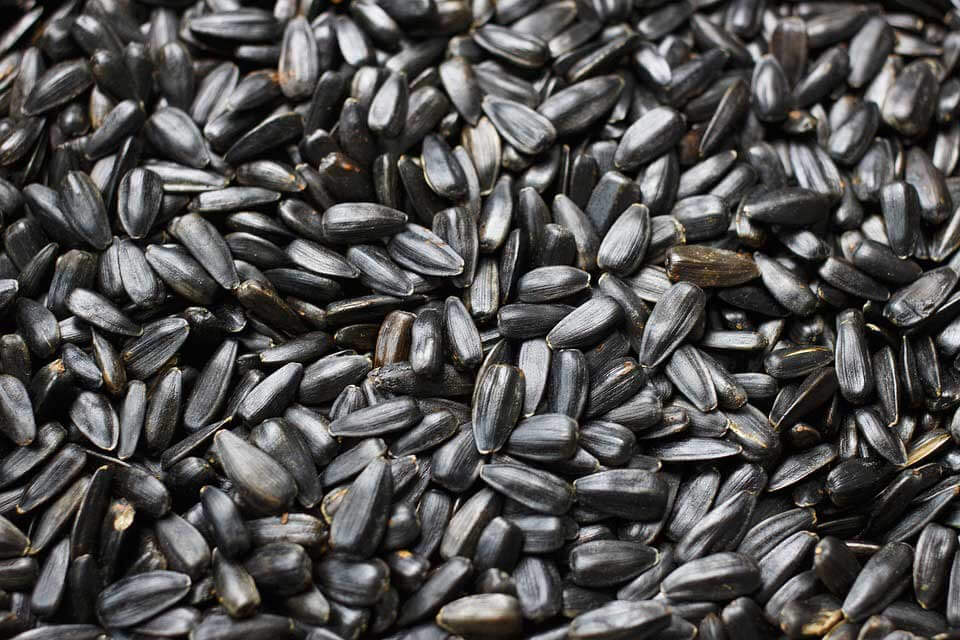
Image source: pixabay.com
7. Tomatoes
The tomato is the edible red berry-type fruit of the tomato plant. People often consider it a functional food because it provides benefits beyond essential nutrition. Tomatoes are a good source of lycopene – a bright red carotene and carotenoid pigment and phytochemical found in tomatoes. Lycopene is often associated with the prevention of prostate cancer. The healthy diet benefits of consuming tomatoes are innumerable such as it reduces the risk of heart disease, diabetes, and cancer. It contains a high amount of potent antioxidant vitamin C, which can help prevent the formation of cancer-causing free radicals. The folic acid in tomatoes also helps with depression by preventing an excess of homocysteine from forming in the body.
Image source: pixabay.com
8. Dark Chocolate
Nutrients found in dark chocolate can have a positive effect on your health. These are generally made from the cocoa tree’s seed and are considered the best sources of antioxidants. According to research studies, dark chocolate can improve health and lower the risk of heart disease so you can include it in your healthy diet meals. It is also responsible for improving the function of the brain. The high-flavanol cocoa present in dark chocolate improves blood flow to the brain. Cocoa may also significantly improve cognitive function in older adults with mental impairment. It also improves verbal fluency and has several risk factors for disease. The famous dark chocolate brands in India are Nestle dark chocolate, Cadbury Bournville, Green & Black organic, and Sunfeast Dark Fantasy.
Image source: pixabay.com
9. Nuts
We refer to an edible fruit composed of a hard shell and a seed as a nut. People generally refer to a wide range of dried seeds, including acorns, almonds, pecans, pistachios, and walnuts, as nuts. These are extremely good for the brain and nervous system. These are excellent sources of omega 3 and omega 6 fatty acids, vitamin B6, and vitamin E. Vitamin E is responsible for preventing many forms of dementia by protecting the brain from free radicals and helping to improve brain power.
Image source: pixabay.com
10. Eggs
Eggs have hard shells covering from the outside with yolks present inside. These yolks (yellowish-colored fluid) are a great source of an inexpensive and high-quality protein called choline. Acetylcholine, a neurotransmitter that helps build short-term memory, such as remembering where you left your keys or the name of a stranger you met, is produced from choline, a precursor. It contains vitamin B2 and lower amounts of fat and cholesterol. Some brands of eggs now contain omega-3 fatty acids. Eating protein-rich food such as eggs for breakfast can improve the overall cognitive performance of a person.
Image source: pixabay.com
11 .Whole Grains
Eating whole grains provides excellent healthy diet benefits. The whole grain contains corn, oats, popcorn, brown rice, whole rye, barley, rice, and wheat flour. These are essential sources of nutrients such as dietary fiber, several B vitamins (such as thiamin, riboflavin, niacin, and folate), and minerals (such as iron, magnesium, and selenium). Vitamin B in whole-grain plays a crucial role in metabolism, i.e. release of energy from protein, fat, and carbohydrate. It is also essential for a healthy nervous system. Whole grain is a great source of energy which is essential to concentrate and focus at work. Whole grain with low-GI releases glucose slowly in the bloodstream, which keeps you mentally alert throughout the day.
Image source: pixabay.com
12. Red Wine
Dark-colored (especially black) grape varieties make red wine. The name of the wine may suggest a red color, but it can range from intense violet to various shades of red. Studies have shown that people who consume moderate amounts of red wine and other types of alcohol have fewer chances of becoming the victim of Alzheimer’s disease during their old age. Apart from this, red wine has several different healthy diet meal benefits such as preventing tooth decay, protecting your heart, maintaining beautiful and healthy skin, and preventing cancer.
Recommended Articles
This is a guide to Healthy Diet Meals. Here we discuss complications of not maintaining healthy diet meals & healthy diet meals for a healthy mind. You may also look at the following articles to learn more –
